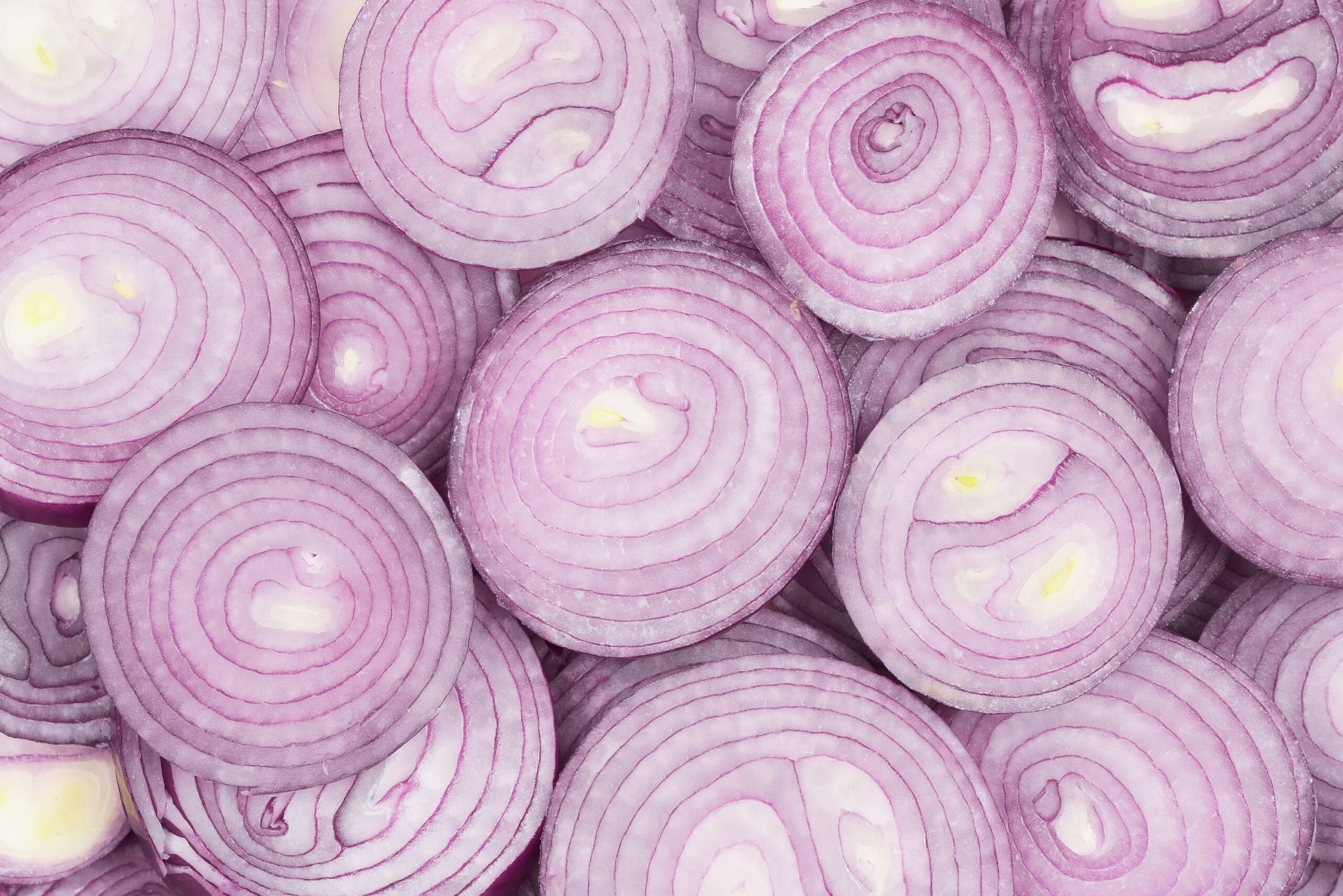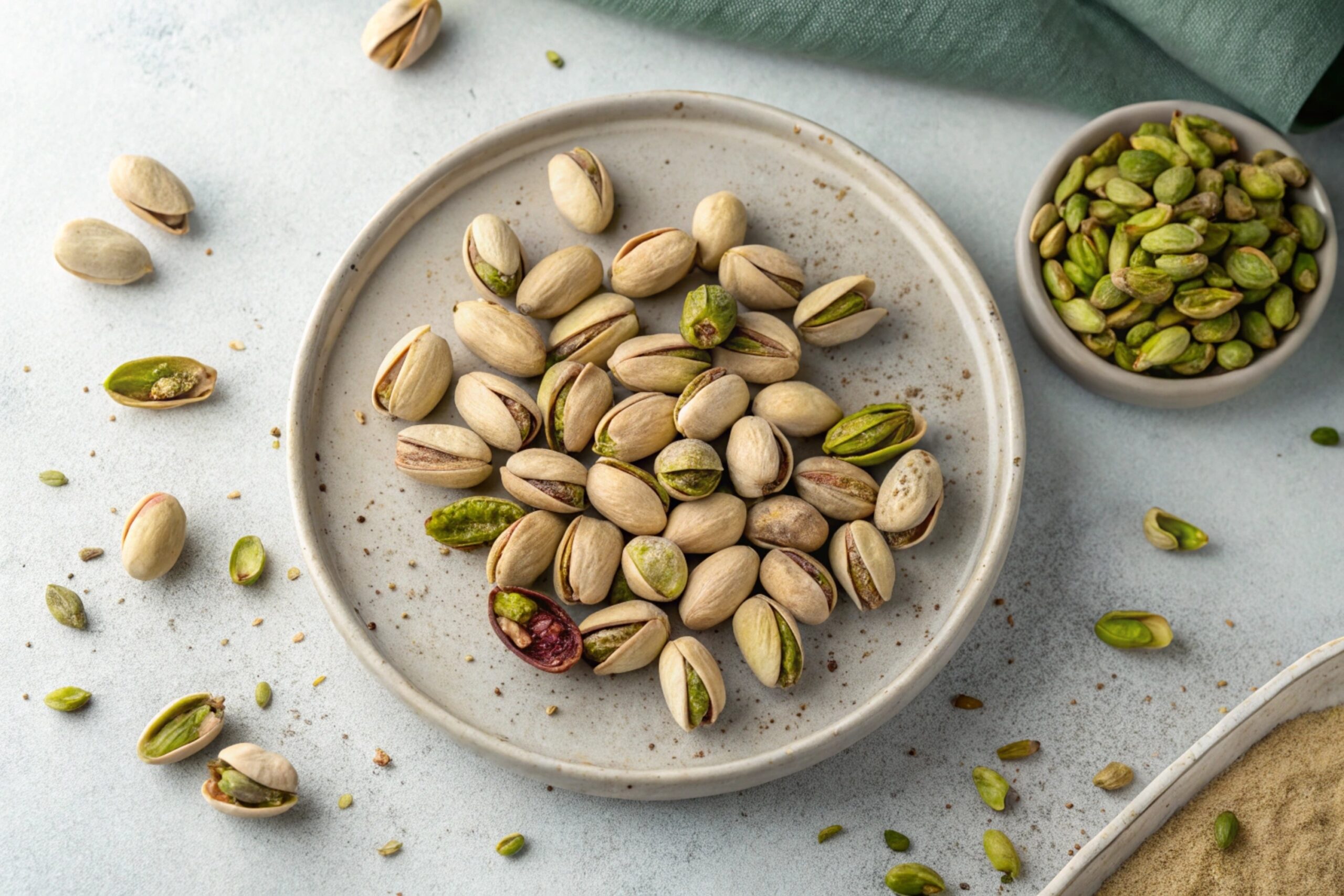What you’ll learn:
- Kombucha is a fermented, fizzy drink rich in probiotics and antioxidants.
- Kombucha fans claim that it may aid weight management by replacing high-calorie drinks, potentially improving gut health and reducing fat storage.
- Adding kombucha to your routine can enhance a balanced, healthy lifestyle, but it won’t lead to weight loss without a lower-calorie diet.
Kombucha is a cold, fizzy drink originating over 2,000 years ago in China. It’s made by fermenting sweetened tea with the help of naturally occurring bacteria and yeast. During fermentation, these microorganisms break down the sugar in the tea, converting it into organic acids, probiotics, and a very small amount of alcohol. This process transforms the tea’s flavor, giving it its signature tangy taste. It also enhances its nutritional profile by producing beneficial compounds like polyphenols, B vitamins, and probiotics.
Many people turn to kombucha as a low-calorie, flavorful alternative to sugary sodas or drinks. It is a refreshing choice for those looking to cut back on added sugars while still enjoying a tasty beverage. It may also have other health benefits.
Fans say that its potent probiotics can support gut health and digestion, just like the live cultures found in yogurt. Others believe kombucha can help with weight loss, improve heart health, regulate blood sugar, and so much more. But are the facts really there?
Let’s get into what is known and what might be possible based on the science around this brew. We’ll also talk about the best ways to enjoy kombucha and if there are any dangers or side effects from drinking it.
How kombucha can help you lose weight
Kombucha isn’t just a fizzy drink with a tangy kick—it has also become popular because of some of its potential health benefits, such as aiding in gut health and blood sugar control. It’s also considered to be a lower-calorie alternative to sugary beverages like soda. While much of the research on kombucha is still developing, there are some promising studies that suggest it be health-promoting. Let’s take a look at some of the buzz around the possible health benefits of kombucha and what the research says:
- Probiotic power: Kombucha is packed with prebiotics and probiotics, which can benefit your gut microbiome. A healthy gut can improve digestion and nutrient absorption and help you stay regular.
- You should note, however, that not all probiotics are created equal. In order to be classified as a probiotic food or drink, the product must contain microbes that can colonize the person who drinks it, and there must be a large enough dose for them to have any benefit. Since there have been some inconsistencies in the probiotic content in different kombucha, it’s important to research the products you purchase to see if they meet these standards.
- Cutting calories, not flavor: A typical serving (about 8 ounces) of kombucha contains 45 calories and 9 grams of sugar, compared to the 100-plus calories and 23 grams of sugar in an 8-ounce serving of soda. Swapping your sugary drink for kombucha could save you hundreds of calories a week, making it an easy way to cut back without feeling deprived. Keep in mind that the calories will depend on the ingredients and the serving size; many bottles contain more than 8 ounces, so be sure to look at the label.
- Steadying blood sugar: A small study showed that drinking kombucha during meals could lower blood sugar and insulin spikes afterward. More research needs to be done in this area.
Is kombucha safe?
Kombucha has gained popularity for its potential benefits, but questions about its safety remain a hot topic among health enthusiasts. While it may be a healthier alternative to sugary, high-calorie drinks, its brewing process and alcohol content may raise concerns. Is kombucha really safe for everyone, or do certain risks outweigh the rewards? Let’s address some of the common concerns about drinking kombucha.
How much kombucha is safe to drink every day?
A CDC study concluded that it is safe to drink up to 12 ounces per day in total. Drinking too much in one day could cause digestive discomfort, including gas, bloating, nausea, diarrhea, or stomach pain, due to kombucha’s probiotic content. If sticking to the recommended servings, most people shouldn’t have any issues.
Does kombucha have any side effects?
Most people don’t experience any side effects from drinking kombucha, but they can occur in some people, especially if you drink too much. Here are some of the most common effects to watch out for:
- Upset stomach (such as gas, nausea, vomiting, and diarrhea): This can happen due to the probiotic content of kombucha, especially if your body is not used to it.
- Headache: Headaches can occur due to the caffeine and alcohol content of kombucha. Because it is fermented, it also contains an amino acid called tyramine that can trigger headaches for some people, especially those who are prone to migraines.
- Allergic reaction: As with any food or beverage, there is always a small chance of an allergic reaction. However, because of how kombucha is made, people who have sensitivities to mold, fungi, or yeast might be more susceptible to a kombucha allergy. Symptoms can include shortness of breath, tightness of the throat, swelling, rash, and itching.
If you experience any of these effects, you should stop drinking kombucha. If you experience any worsening or persistent effects, you should talk to your doctor. Seek immediate medical attention in the case of an allergic reaction.
How much alcohol and caffeine does kombucha have?
Kombucha has small amounts of alcohol and caffeine. Its caffeine content is about 15 mg per serving, which is much less than a typical cup of coffee containing about 100 mg of caffeine. The caffeine comes from the tea leaves from which the drink is brewed.
Its alcohol content is also very low. While the fermentation process does mean there are trace amounts of alcohol, commercial kombucha contains less than 0.5% alcohol by volume (ABV), which means that it is considered non-alcoholic by the Alcohol and Tobacco Tax and Trade Bureau.
However, home-brewed kombucha can have a higher alcohol content, so if you’re not getting it from the supermarket, be sure to ask about its alcohol content beforehand.
Is homemade kombucha safe?
Usually, but the process of brewing kombucha at home is complex and requires following a lot of specifications around temperature, storage, etc. Not following these steps exactly can result in issues like contamination with harmful bacteria that can cause food poisoning or other serious health issues.
Your safest bet is to buy already-prepared kombucha from your local grocery store. But, if you’re going to attempt to brew it at home, be sure to do thorough research to ensure you have followed the proper safety precautions.
Can you drink kombucha while pregnant?
You shouldn’t drink kombucha while pregnant because of the alcohol, caffeine, and acetic acid (which can cause heartburn) content. It’s also best to skip home-brewed kombucha because of the potential for contamination.
Who else should not drink kombucha?
Others who should avoid drinking kombucha, especially home brews, include:
- Children
- People with liver or kidney disease
- People with any condition that suppresses immunity
- People with alcohol dependency
- People with irritable bowel syndrome (IBS)
- People who are having surgery
These are mostly due to the alcohol content, probiotic content, and potential for digestive issues when drinking kombucha.
Other potential health benefits of kombucha
Beyond potentially improving digestion and glucose control, kombucha may benefit your body in other ways. It’s important to note that clinical evidence for many of these benefits is still lacking. While more research needs to be done, there is some emerging evidence that it may offer some positive health advantages. Let’s dive into the other reasons why kombucha might be beneficial to your health:
- Packed with antioxidants: Kombuchas that are brewed from teas have higher amounts of polyphenols, antioxidants that may protect your cells from free radical damage.
- Might support your immune system: A healthy gut microbiome plays a big role in immune function, and kombucha’s probiotics could support this function.
- Could promote heart health: Studies in animals have shown that kombucha can improve cholesterol levels and reduce markers associated with heart disease. These heart-friendly effects are likely thanks to the antioxidants and polyphenols naturally found in kombucha. Research in humans needs to be conducted.
- Could support liver health: These antioxidants may have a connection to improved liver health.
- Natural antimicrobial properties: Kombucha contains acetic acid, which may help inhibit the growth of harmful bacteria and fungi in the gut while promoting the growth of beneficial microbes. This antimicrobial property may play a role in maintaining a balanced internal environment.
Healthy ways to add kombucha to your diet
Thinking about adding kombucha to your routine? Find simple, enjoyable ways to work this fizzy, flavorful drink into your day. Here’s how:
- Replace sugary drinks: Swap your afternoon soda or coffee drink for a refreshing kombucha. With only about 45 calories per eight ounces compared to over 100 in many sodas and sugary beverages, it’s a smarter choice.
- Start small: If you’ve never had kombucha before, it might be a good idea to try a small amount first (about 2-4 ounces). This helps your body adjust to the probiotics and prevents any digestive surprises.
- Drink it with a meal: If you have a sensitive stomach, you might prefer to drink it with a meal to reduce effects like upset stomach or heartburn, and this may also help with nutrient absorption. Experiment to see what feels best for you.
- Use as a mixer: Craving a cocktail? Use kombucha as a low-calorie mixer for a healthier happy hour option. It’s a great way to enjoy a drink without derailing your health goals. Try these healthy kombucha cocktails for a healthier twist on your favorite mixed drinks.
Incorporating kombucha into your diet is all about small, thoughtful swaps that fit into your lifestyle. At Noom, we focus on building sustainable habits that make healthy living feel effortless. Want to create a personalized eating plan that works for you—and includes foods and drinks you love? Let Noom guide you toward lasting changes that stick.
Kombucha and your wellness routine
Kombucha isn’t just a trendy drink—it’s a flavorful way to support your wellness routine. Thanks to its probiotics, this fizzy, fermented tea may support gut health and aid digestion. By swapping sugary drinks for kombucha, you can also cut back on calories without feeling deprived.
But let’s be honest: no single drink or food is the ultimate answer to long-term health. True wellness comes from building habits that work for you and stick over time. That’s where a tailored approach can make all the difference.
At Noom, we focus on helping you understand your unique relationship with food while creating sustainable habits that fit your lifestyle. It’s not about quick fixes—it’s about steady, meaningful habits that add up. Curious about how mindful eating and small, smart changes could transform your health journey? Noom’s personalized program could be the first step toward a healthier you.
Why you can trust us
At Noom, we’re committed to providing health information that’s grounded in reliable science and expert review. Our content is created with the support of qualified professionals and based on well-established research from trusted medical and scientific organizations. Learn more about the experts behind our content on our Health Expert Team page.















 Noom Team
Noom Team


 Melissa Kay
Melissa Kay

